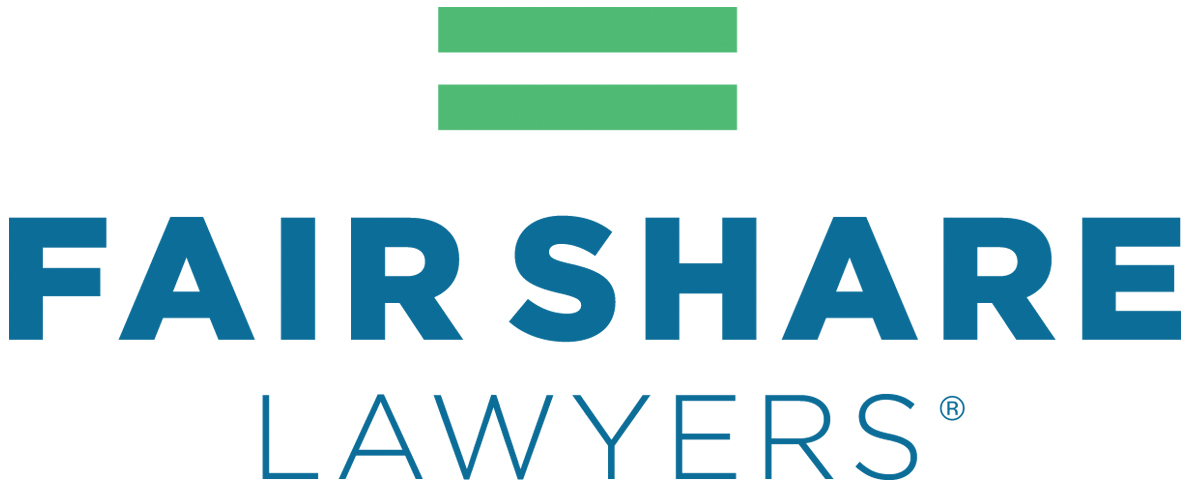Resources – 10 Things to Know After the Death of a Loved One
What to Do When a Loved One Dies
After losing a loved one, your focus is on your family and on grieving the loss—not administering the estate. But there are many concerns that must be resolved to ensure your loved one’s final wishes are respected while protecting the bonds of your family.
Knowing what to do before grief strikes can help you navigate the difficult time following a loved one’s death. The probate attorneys at Fair Share Lawyers put together a list of steps to take and things to know when a loved one dies. If you have questions about the management of your loved one’s estate or the probate process, call us anytime at (888) 694-1761 to get answers.
10 Things to Know After the Death of a Loved One
- A power of attorney is no longer valid.
Many people believe that, as the power of attorney, they continue to have the power to administer an estate following the death of a loved one. This simply is not the case. A power of attorney is no longer valid after death. The only person permitted to act on behalf of an estate following a death is the personal representative or executor appointed by the court. - Assets need to be protected.
Following the death of a loved one, there is often a period of chaos. This, coupled with grieving, presents a unique opportunity for those bent on personal benefit. It is important for the family, even before the opening of an estate, to protect all assets that belonged to the decedent. No one, including family, should begin to take or distribute assets. An estate needs to be opened and a personal representative or executor needs to be appointed. It is very difficult to recover assets after they have been distributed or taken. - Probate estate probably needs to be opened.
Many people believe they don’t need to open an estate because their loved one did not have a lot of money. The mistake with this belief is that the debts and taxes of the decedent often go unpaid while assets are distributed. The family is then surprised when a creditor or the IRS shows up looking to recover their claim. They have the right and power to open an estate and pursue those who received the property. It is far better to open an estate and administer it properly in the first place. Consult with an attorney promptly to determine if this is necessary. - Determine if a will exists.
The family should begin, when appropriate, to search for an original will. If an original will is not able to be located, the next best option is a copy. The family should check with the decedent’s attorney or accountant to see if they have the original or a copy. The family should also check with the bank where the decedent maintained an account to see if one may be located in a safe deposit box. Remember, a will is not to be acted upon until the court admits that will to probate. - Debts and taxes follow the estate.
The debts and taxes are the responsibility of the estate. They are not the responsibility of the heirs or beneficiaries under the will. If there are insufficient assets in the estate to satisfy all the debts or tax obligations of the decedent, those debts and obligations do not become the responsibility of family and friends. Many will assume responsibility, believing it is the right thing to do, but they are not legally required to do so. - Creditors can open an estate.
Holding the assets of the decedent in an effort to prevent creditors from reclaiming their debt is a risky proposition. Creditors have the right, after enough time passes, to petition the court to open the probate estate themselves. If this happens, the court will probably not appoint a family member and instead appoint an independent third party as the personal representative or executor. The executor will then proceed to gather the assets of the decedent to satisfy all debts, taxes, and costs of administration for the estate. This includes TennCare, so be aware that they must be dealt with and will not simply go away with the passage of time. - Notify everyone of the death.
Following the death of a loved one, it is wise to notify all credit card companies, government agencies (state and federal), cell phone carriers, utilities, and other related companies of the death. This will prevent additional charges on accounts and will allow them to convert their files over to a decedent’s status. - Obtain death certificates.
Following the funeral, the death certificate should become available. Most funeral homes assist families with obtaining these certificates. You should get several copies of the death certificate to ensure you have enough for all administration needs. If you run out of copies, the Department of Vital Records can be contacted for additional copies. - Determine if taxes are current.
Following the death, there are so many things to take care of, it can be easy to forget about the decedent’s taxes. The family should meet with an accountant to determine whether there is a need to extend any tax returns. - Communicate regularly.
One of the main reasons litigation ensues in estates is because there is a feeling that the executor is not communicating with the other interested parties. Lack of communication usually leads to suspicion and resentment. Regular discussions will allow everyone to be involved in the process. Breakdowns in communication lead to litigation.
